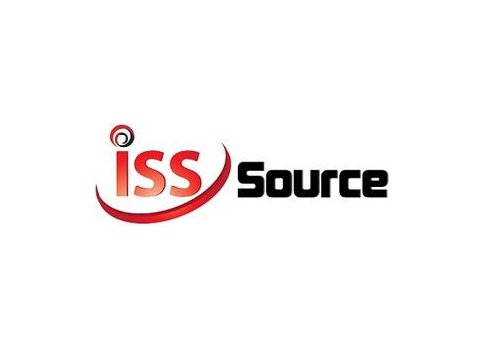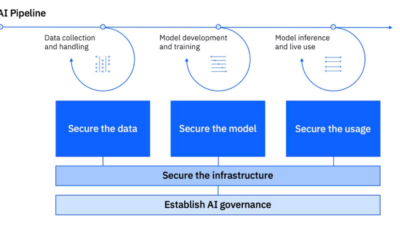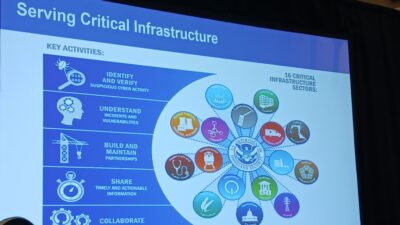What automation professional can expect in the years to come with cyber security.

There are heavy challenges facing automation professionals in the years to come and cyber security ranks up there at the top.
“There are issues like skills availability, working in remote locations and cyber security,” said Vimal Kapur, the new president of Honeywell Process Solutions (HPS) during his keynote address at the 2014 Honeywell Users Group in San Antonio, TX. “We can’t ignore (cyber security). It is an undesired event and we have to do something about it.”
Kapur, just named president of HPS in May, talked about trends and outlooks he sees in the industry. While newly named as president, Kapur has been with Honeywell for 25 years so he is very aware of industry nuances and trends.
One of the areas he wants to focus on collaborating to ensure global coverage as the world markets emerge from long standing recessions.
“China and the Americas continue to lead in capital spending, but Europe, Middle East and Asia (EMEA) and Asia Pacific are recovering,” he said.
Closer to home in North America, Kapur said natural gas is continuing its growth curve.
“The Americas oil and gas industries continue to dominate capital spending in the region, especially as they migrate to new natural gas sources,” said Kapur. “These changes have been having a profound impact for the past two or three years, and this trend is going to continue for several more years.”
He also pointed out how Honeywell will be able to leverage its capabilities in upstream oil and gas, midstream and downstream with new SCADA, RTU, DCS, safety, advanced and field instrumentation solutions.
Also understanding and designing the systems properly from the beginning is more vital now than it ever has been.
“Large capital expenditure projects are growing more complex, expensive and time-consuming. So instead of us coming in and adding automation and control at the end of a project before start-up, it’s becoming critical for us to execute automation and get it out of the critical path of these projects,” Kapur said.
Planning the project is one thing, but the next step is applying operational integrity and operational excellence.
“Being able to accomplish operational integrity means operating safely. Operational excellence means running a process more efficiently,” he said. “That all includes making people and assets safer and running processes more reliably.”
One other trend Kapur discussed was cloud computing.
“Cloud computing in automation has huge potential,” Kapur said. “That is something that is happening now, not something that will happen in the future.”
“Another trend is universality,” Kapur said. By that he said there would be one universal device that handles multiple capabilities. A case in point is a smartphone that can handle computing, video, phone and general communications capabilities.
In the past one device could handle one function, but why not have a single device that handles multiple functions.
He then translated that to the Honeywell environment where, in one case, he pointed to Universal IO, which transformed from a single device to one that can handle multiple tasks.
Universal I/O and cloud computing capabilities form the core of the company’s Lean Execution of Automation Projects (LEAP) program for taking automation out of the critical path on customers’ projects.
The goal behind LEAP is to cut engineering time
- No repeat engineering
- Drives efficiency
- Lean execution
- Standardized processes and tools
Gregory Hale is the editor and founder of Industrial Safety and Security Source (ISSSource.com), a news and information website covering safety and security issues in the manufacturing automation sector. This content originally appeared on the ISSSource website. Edited by Brittany Merchut, Project Manager, CFE Media, bmerchut(at)cfemedia.com

